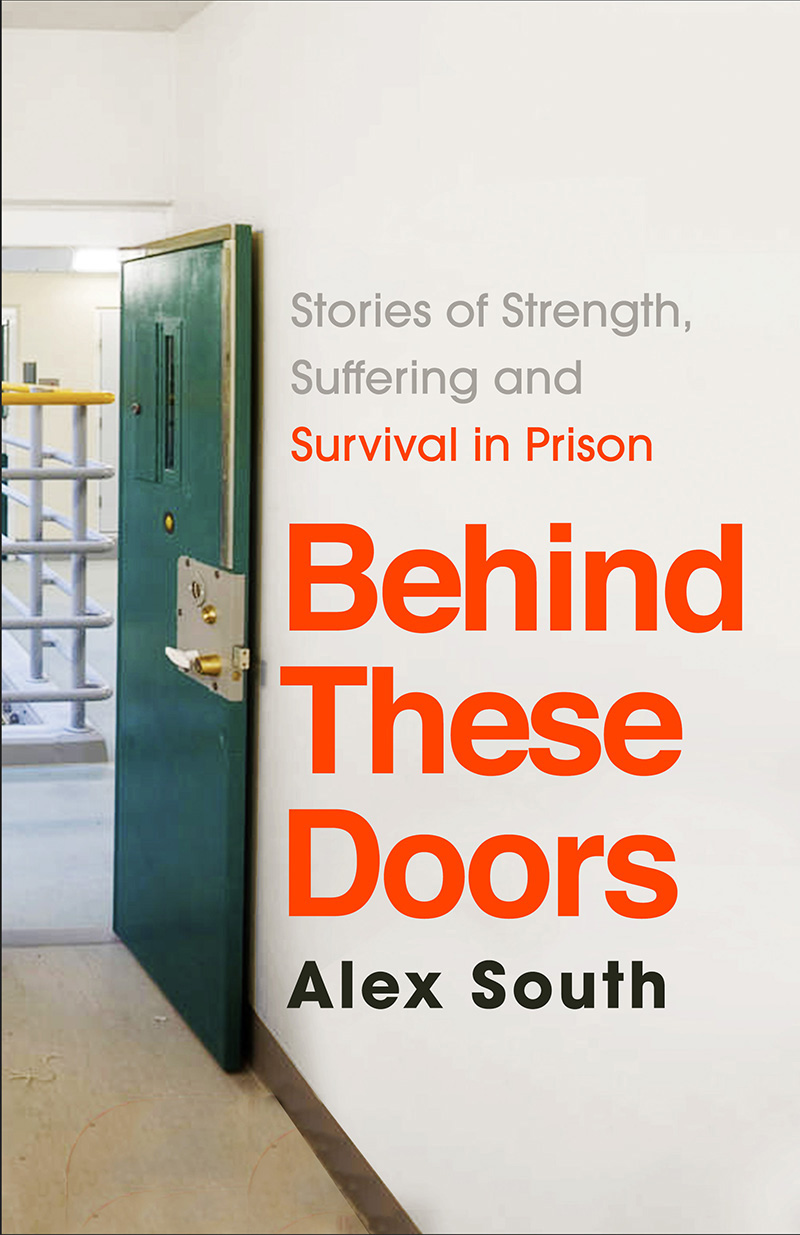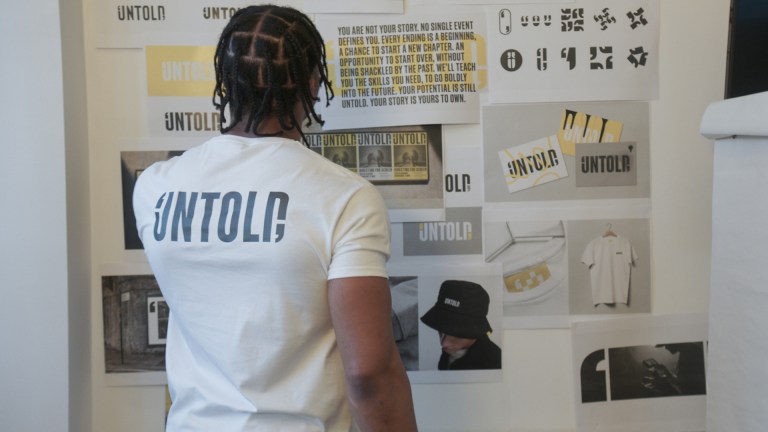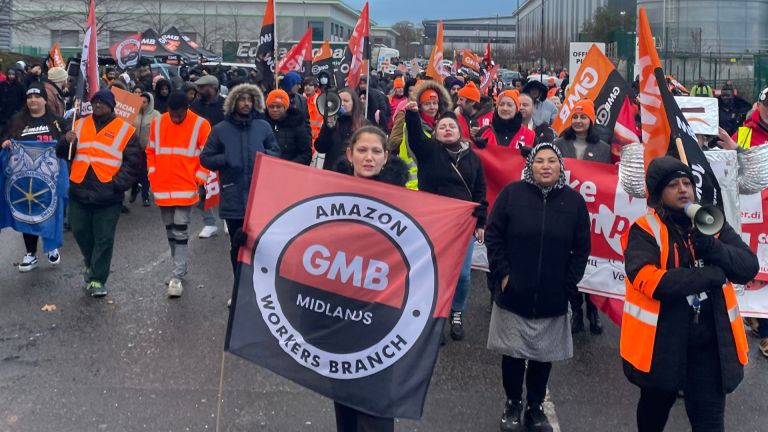Violent incidents were few and far between, markedly so given the histories of the men in our care. They were out of their cells for eight hours a day and much of that was spent talking. So many of the men I got to know had similar stories to tell. Violence, trauma, expulsion from school, pupil referral units to young offender institutes to life sentences. After a while it started to feel like they were reading from a script, one with a devastatingly predictable ending.
Get the latest news and insight into how the Big Issue magazine is made by signing up for the Inside Big Issue newsletter
The causes of crime and antisocial behaviour are well documented. Substandard housing, unemployment, mental illness, a lack of education and social support. And yet, when I transferred to a category B prison in London, it seemed that these conditions had been replicated. Instead of single accommodation, most men shared cells that had been built in the 1800s. The brickwork was crumbling, the windows were smashed and there were as many rats as officers. Prisoners spent 23 hours a day locked in their cells, visited by drones that hovered outside the windows and dropped off drugs, knives, bottles of Jack Daniels and, on one memorable occasion, a McDonald’s meal. The personal officer scheme didn’t exist there. In its place were snatches of conversation, a quick chat here and there, whatever officers could make time for in between the constant alarm bells.
As staff morale fell, everything else rose. Drugs and violence and self-harm. Ligatures and weapons and a steady stream of ambulances, fire engines and coroners’ vans. In a place where time is everything, there was never enough of it. Never enough time to talk or listen, to reason or discuss. Never enough time to get to the men who needed it. There wasn’t enough time or resources or money, and crucially, there weren’t enough officers.
The impact of staff cuts and reduced funding has been devastating for the prison service. You can tell a lot about how much you value a person by the conditions you allow them to live and work in. And in that regard, we are failing both our prisoners and officers.
In my book, Behind These Doors, I’ve tried to humanise the people behind the headlines by writing honestly about my experiences as a prison officer. The people and moments and stories that I don’t want to lose to these hidden worlds. What it’s like to live under the weight of an indeterminate sentence. How to escape the brutality of a gang culture that’s embedded into every area of your life. How it feels when the doors slam shut for hours and hours on end, and what we can expect of people when they finally open again.
The debate around what works in prisons is emotive and highly charged, as it should be. There are 87,000 men, women and children in prison in England and Wales. Almost all of them are getting out. The question of how we want them to feel when they do should be central to the conversations we’re having.
Does prison work? There’s no easy answer. There is no quick fix. But correcting all the ways in which it doesn’t seems a pretty good place to start.
Alex South spent ten years as a prison officer at some of the country ’s most notorious men’s prisons: HMP Whitemoor, HMP Belmarsh and HMP Wormwood Scrubs. Alex also trained as a riot commander and hostage negotiator and was often deployed in that role to live incidents. After Alex resigned from the prison service in 2020, she won first place in the Beechmore Life Writing Competition and has gone on to write a memoir. Behind These Doors is out now (Hodder & Stoughton, £13.99). You can buy it from The Big Issue shop on Bookshop.org, which helps to support The Big Issue and independent bookshops.










